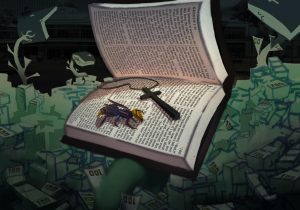
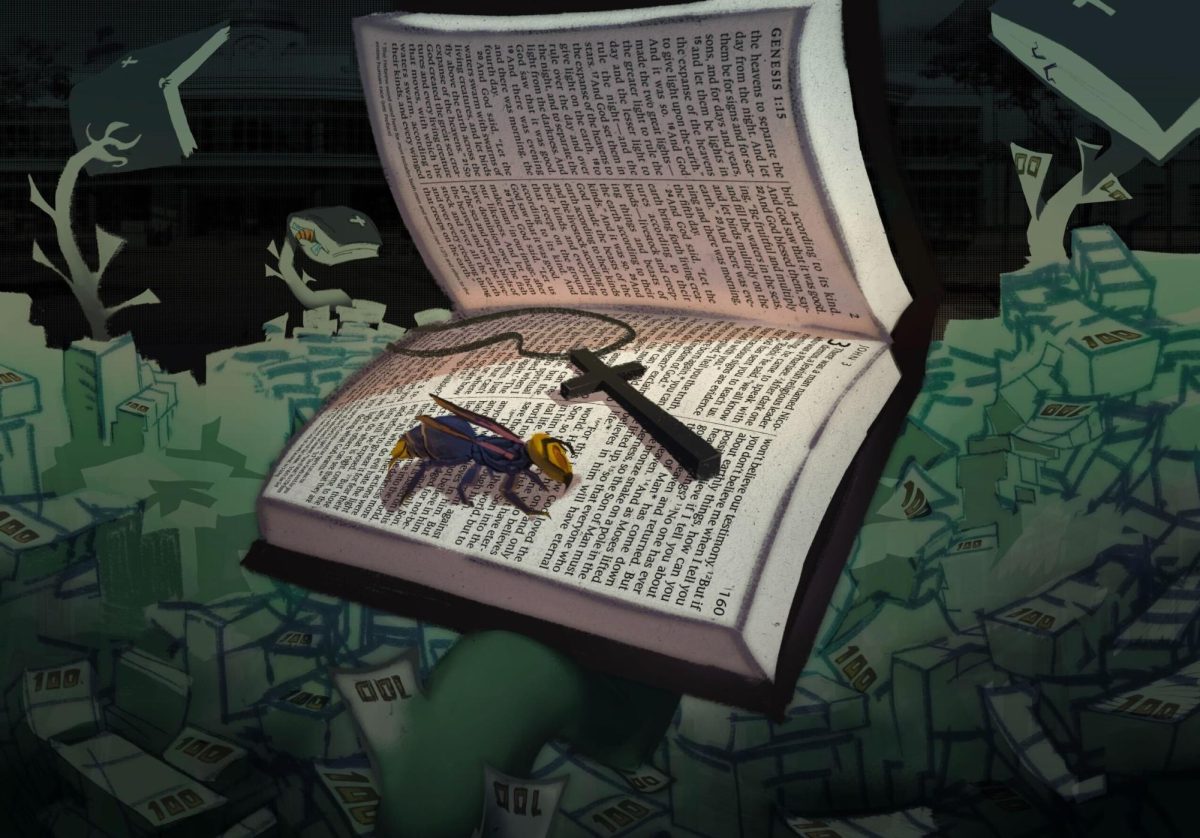
May 30, 2025
Arianna Pastrana, Maria Cruz, and Dylan Arreola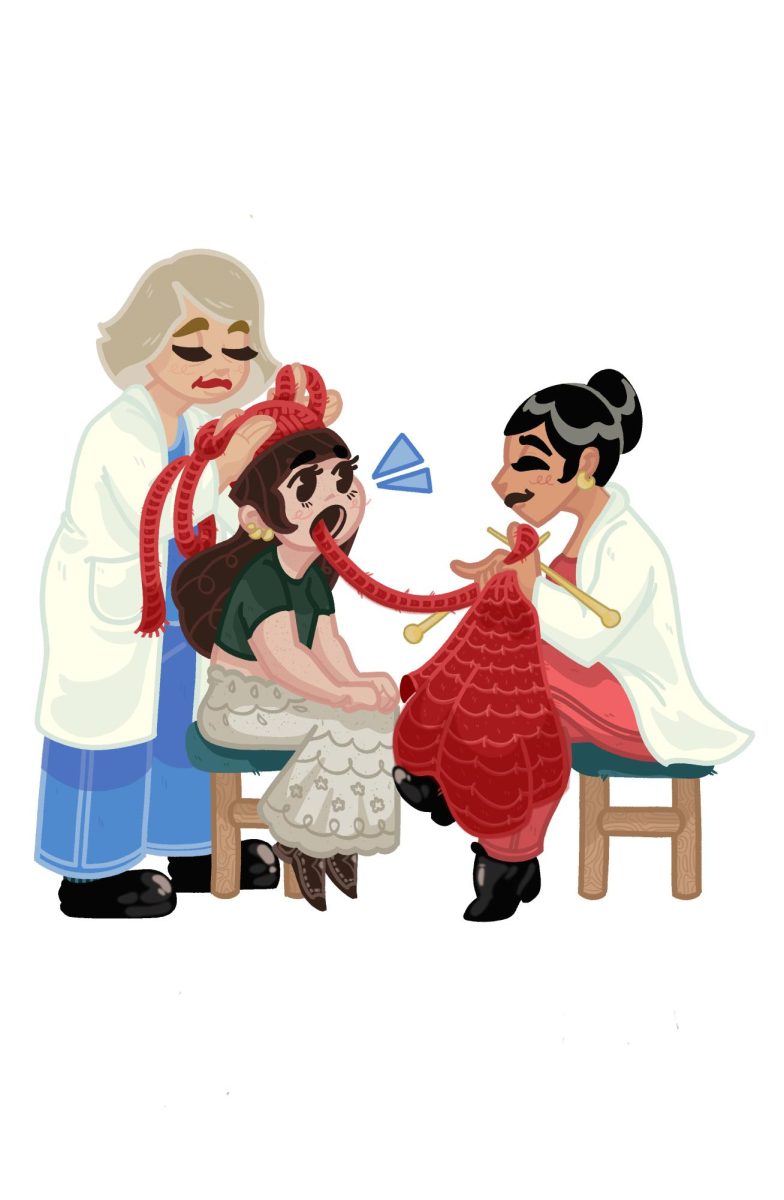
May 23, 2025
Katherine Martinez, Staff Reporter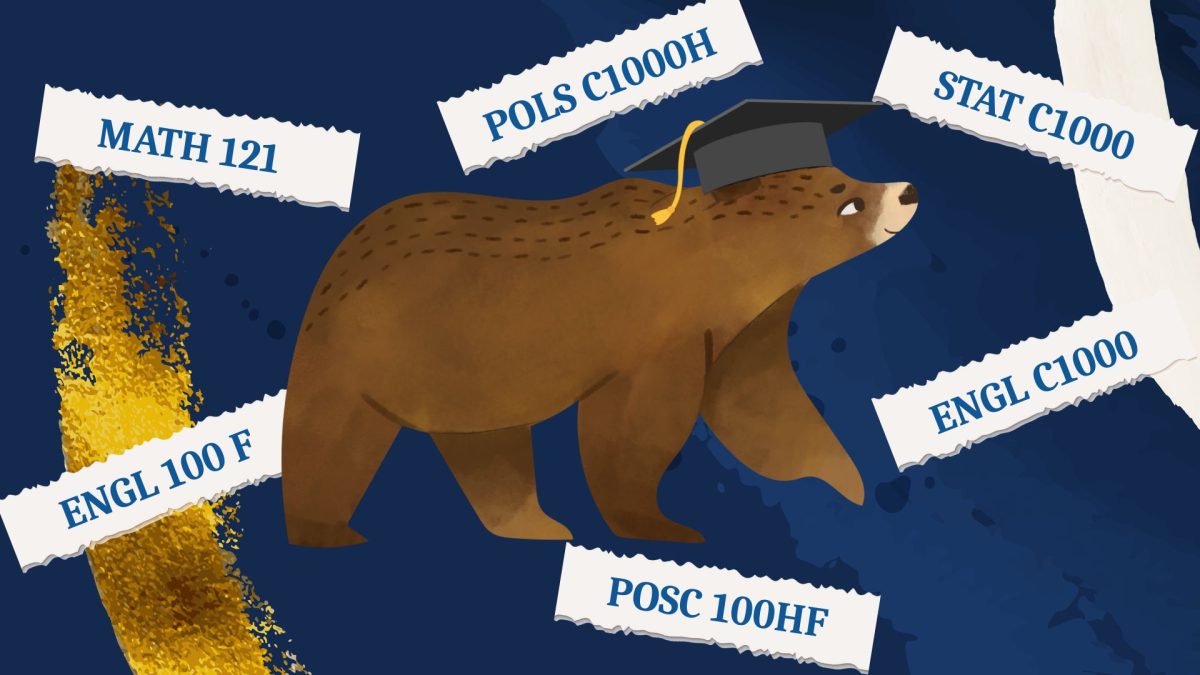
May 21, 2025
Joe Trujillo, Staff Reporter
May 16, 2025
Melanie White, Staff Reporter

The Hornet Editorial Board • June 6, 2025

Melanie White, Staff Reporter • June 3, 2025


Samiy Castillo Bolivar, Arts & Culture Editor • May 28, 2025

Travis Foerster, Staff Reporter
May 25, 2025

Zack Gilbert, Sports Editor
May 9, 2025

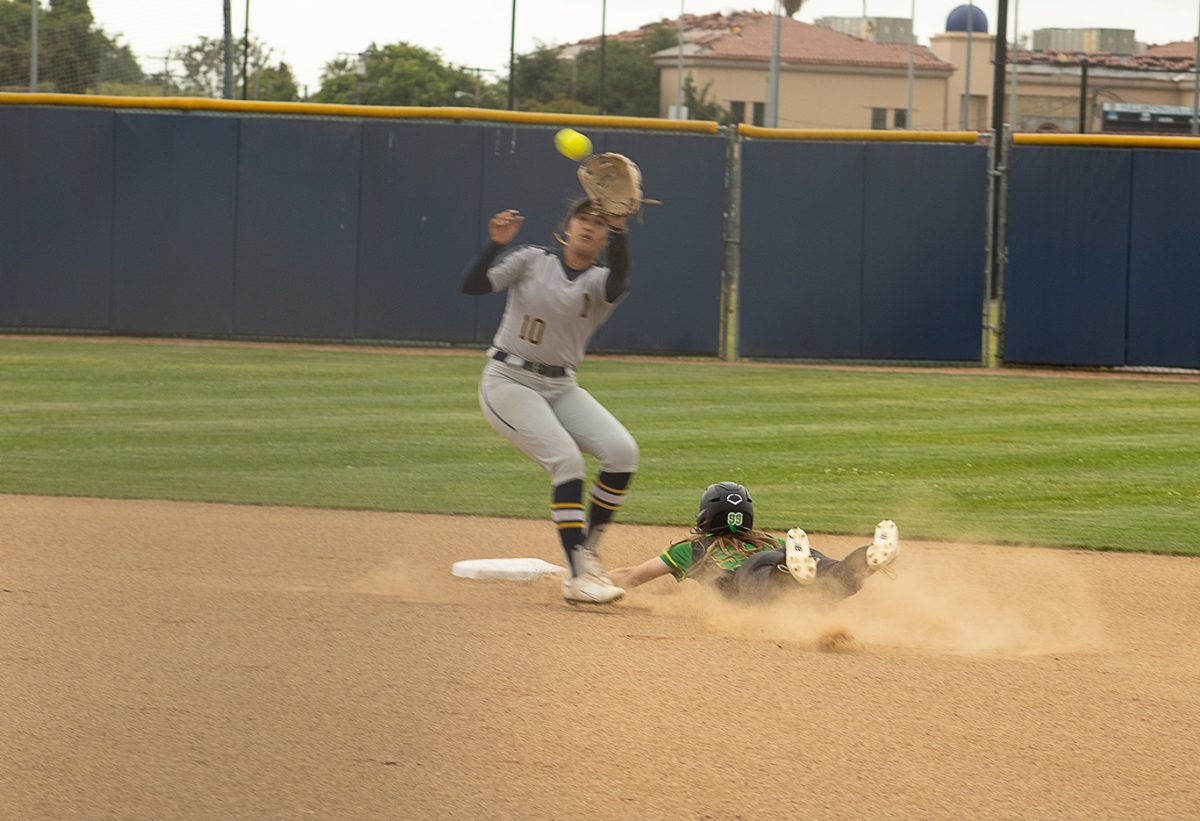
Travis Foerster, Staff Reporter
April 19, 2025

Featured Video


Joe Trujillo, Staff Reporter • May 21, 2025

Melanie White, Staff Reporter • May 16, 2025

Eli Young, Staff Photographer • May 14, 2025

Melanie White, Staff Reporter • June 3, 2025

Katherine Martinez, Staff Reporter • May 23, 2025

Joe Trujillo, Staff Reporter • April 27, 2025

Samiy Castillo Bolivar, Arts & Culture Editor • May 28, 2025

Omeed Motia, Staff Reporter • May 27, 2025
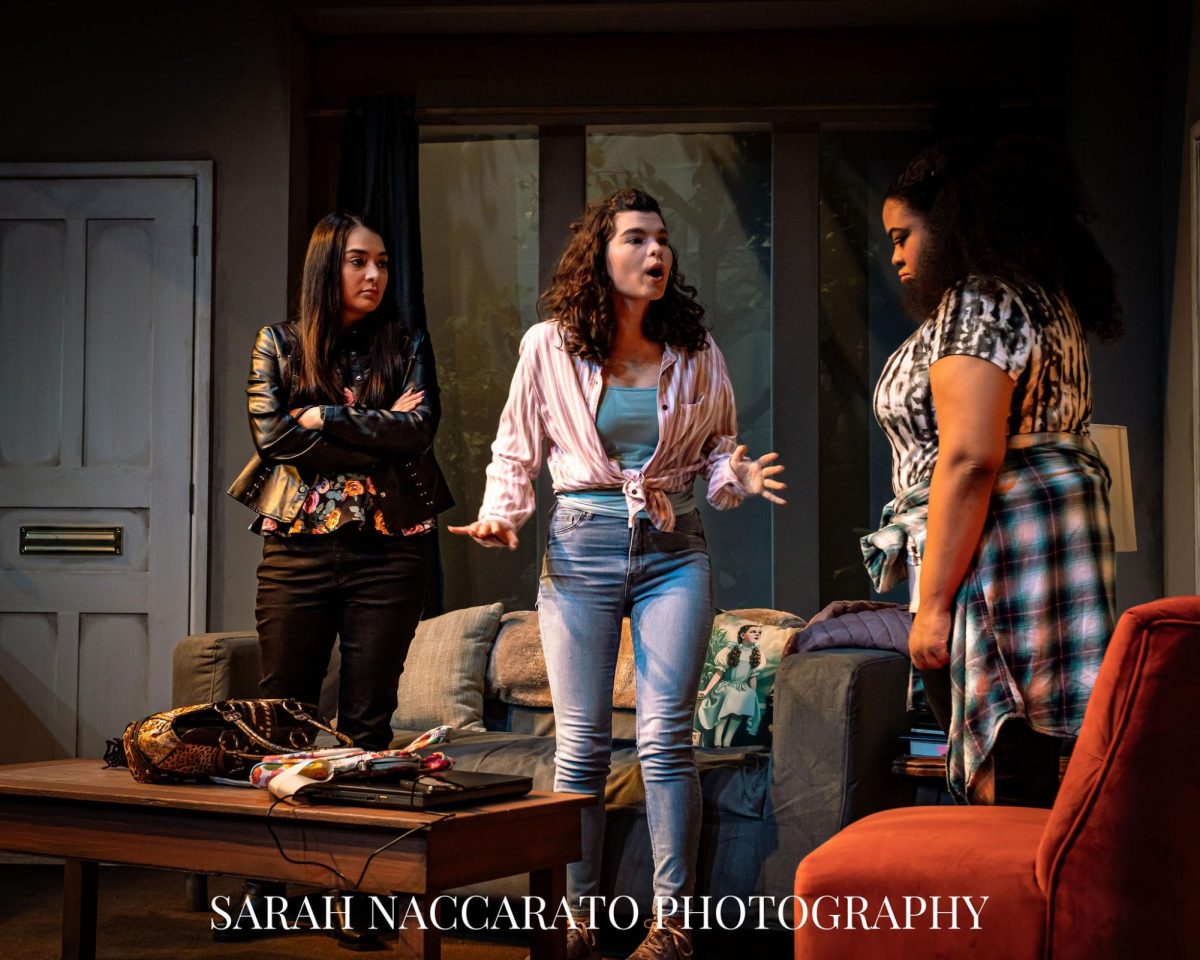
Connor Xitco, Staff Reporter • May 23, 2025

Katherine Martinez, Staff Reporter • May 15, 2025
Inside Fullerton
Latest Podcast
Trending Stories
Join the team
Follow us on Instagram
View this profile on InstagramThe Hornet (@fchornet) • Instagram photos and videos







